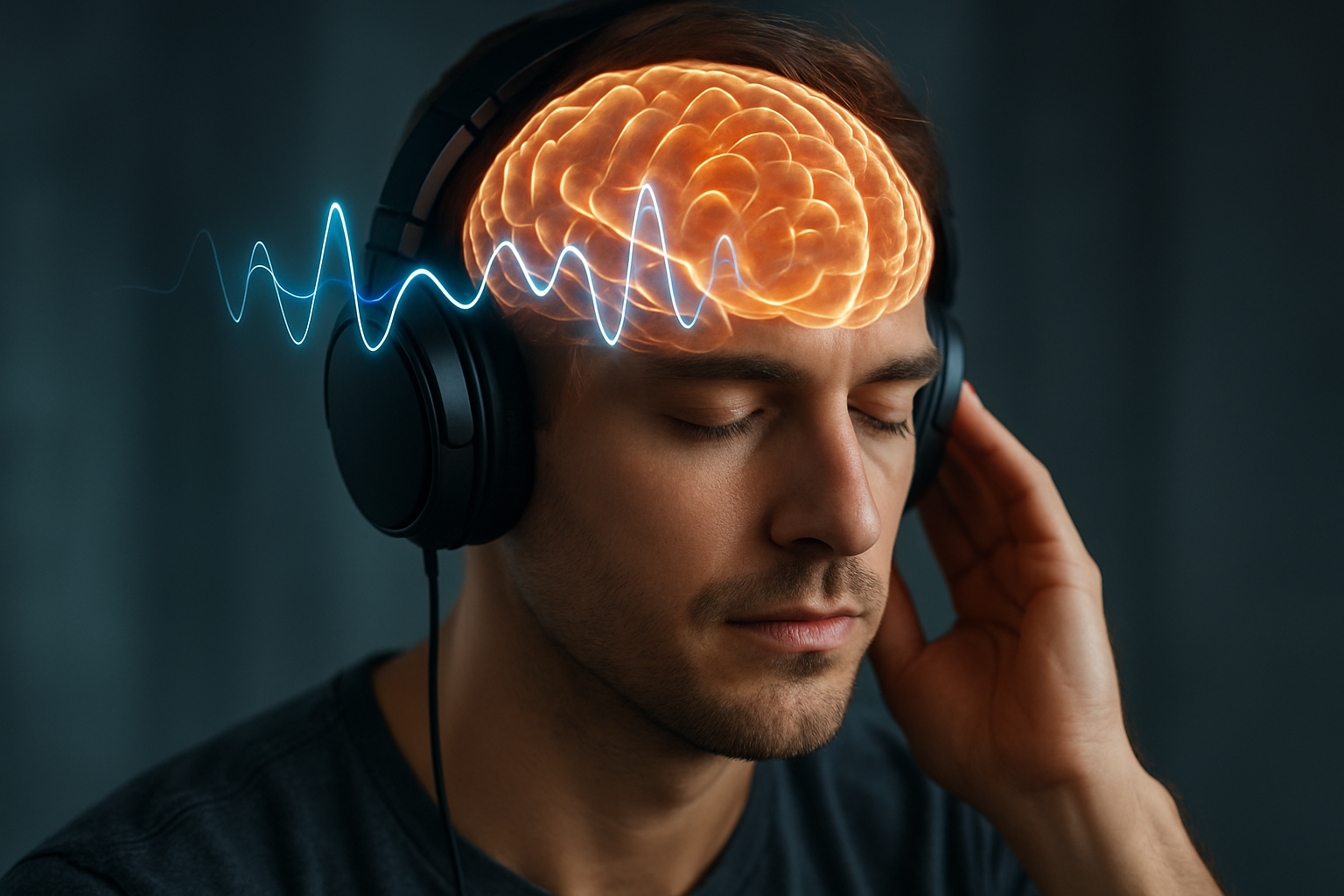Biohacking Your Brain: The Science of Nootropics and Cognitive Enhancement
Imagine unlocking your mind's full potential, sharpening your focus to laser precision, and boosting your memory to superhuman levels. This isn't science fiction – it's the promise of nootropics, a cutting-edge field at the intersection of neuroscience and nutrition. But what exactly are nootropics, and can they really deliver on their lofty claims?

Understanding the Mechanism
Nootropics work by modulating neurochemical processes in the brain. Some increase blood flow and oxygen supply to neural tissues, while others affect neurotransmitter levels or promote neuroplasticity. For example, caffeine, perhaps the most widely used nootropic, blocks adenosine receptors, reducing fatigue and increasing alertness. More complex nootropics like racetams are thought to enhance the function of acetylcholine, a neurotransmitter crucial for learning and memory.
Natural vs. Synthetic Nootropics
The nootropics market offers a wide range of options, from natural herbs to lab-synthesized compounds. Natural nootropics include substances like ginkgo biloba, known for its potential to improve memory and cognitive speed, and bacopa monnieri, traditionally used in Ayurvedic medicine to enhance cognitive function. On the synthetic side, drugs like modafinil, originally developed to treat narcolepsy, have gained popularity for their off-label use as cognitive enhancers.
The Promise and the Controversy
Proponents of nootropics argue that these substances can provide a competitive edge in our increasingly cognitive-demanding world. From students looking to ace exams to professionals seeking peak mental performance, the allure of cognitive enhancement is undeniable. However, the field is not without controversy. Critics raise concerns about potential side effects, the ethics of cognitive enhancement, and the lack of long-term studies on many nootropic compounds.
Navigating the Nootropic Landscape
For those interested in exploring nootropics, it’s crucial to approach the field with caution and informed skepticism. Here are some key considerations:
-
Research thoroughly: Not all nootropics are created equal. Some have more scientific backing than others.
-
Start with natural options: Herbs like ginkgo biloba and bacopa monnieri have centuries of traditional use and growing scientific support.
-
Consider lifestyle first: Basic health practices like proper sleep, nutrition, and exercise can have profound effects on cognition.
-
Consult a healthcare professional: Especially if considering synthetic nootropics or if you have pre-existing health conditions.
-
Be aware of potential interactions: Some nootropics can interact with medications or other supplements.
-
Set realistic expectations: While nootropics may offer cognitive benefits, they’re not magic pills for instant genius.
Biohacking Brilliance: Smart Tips for Cognitive Enhancement
-
Optimize your sleep environment for better cognitive recovery
-
Practice mindfulness meditation to improve focus and reduce stress
-
Incorporate omega-3 fatty acids into your diet for brain health
-
Try intermittent brain training exercises to challenge your cognitive skills
-
Experiment with caffeine cycling to maintain its nootropic effects
-
Explore the cognitive benefits of regular cardiovascular exercise
-
Consider trying adaptogens like Rhodiola rosea for stress management
The Future of Mind Enhancement
As research in neuroscience and pharmacology advances, the field of nootropics is likely to evolve rapidly. We may see more targeted cognitive enhancers, personalized nootropic stacks based on genetic profiles, and even technologies that blur the line between supplementation and direct neural stimulation. While the ethical debates will undoubtedly continue, one thing is clear: the quest for cognitive enhancement is here to stay, challenging our notions of human potential and the boundaries of mental performance.





